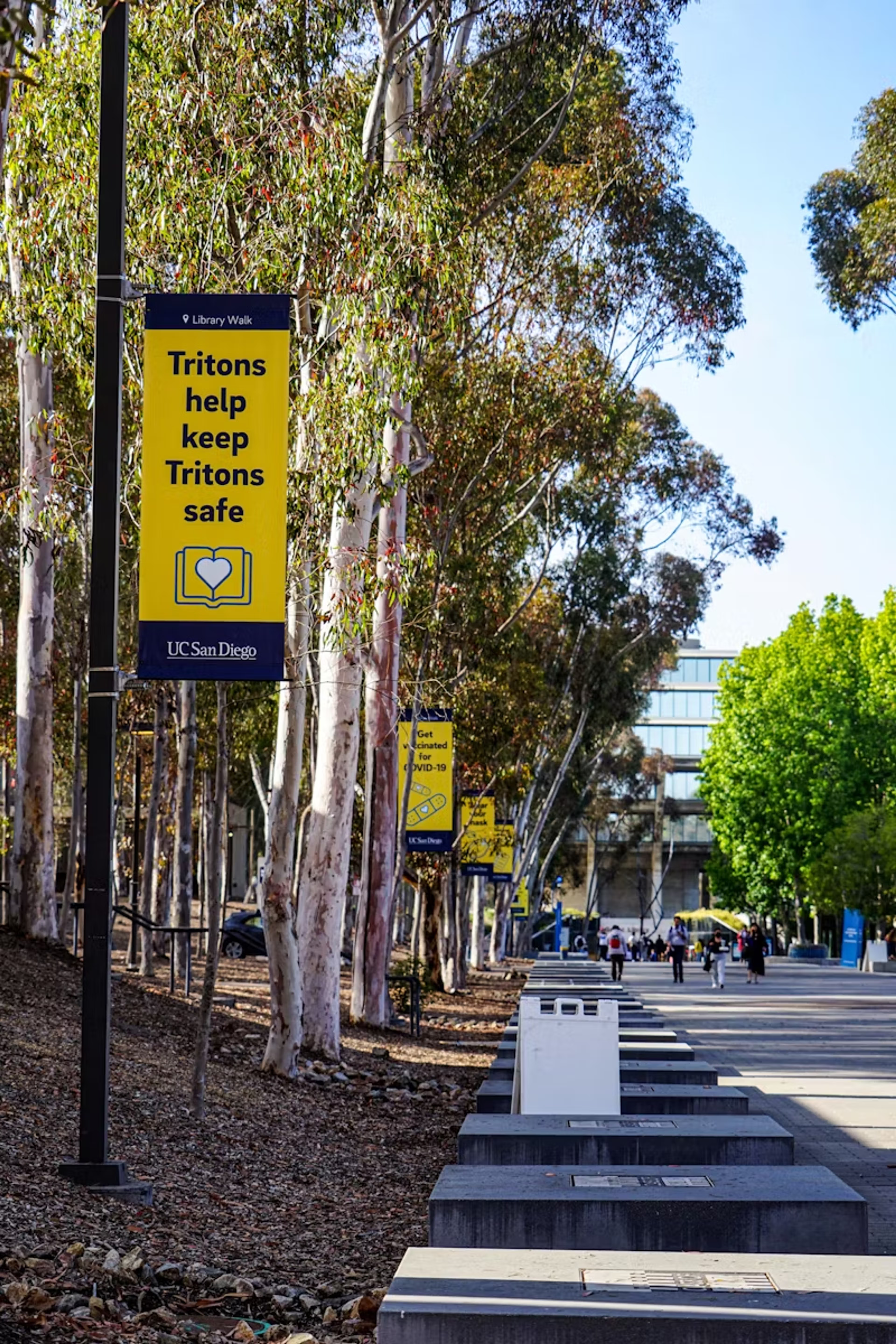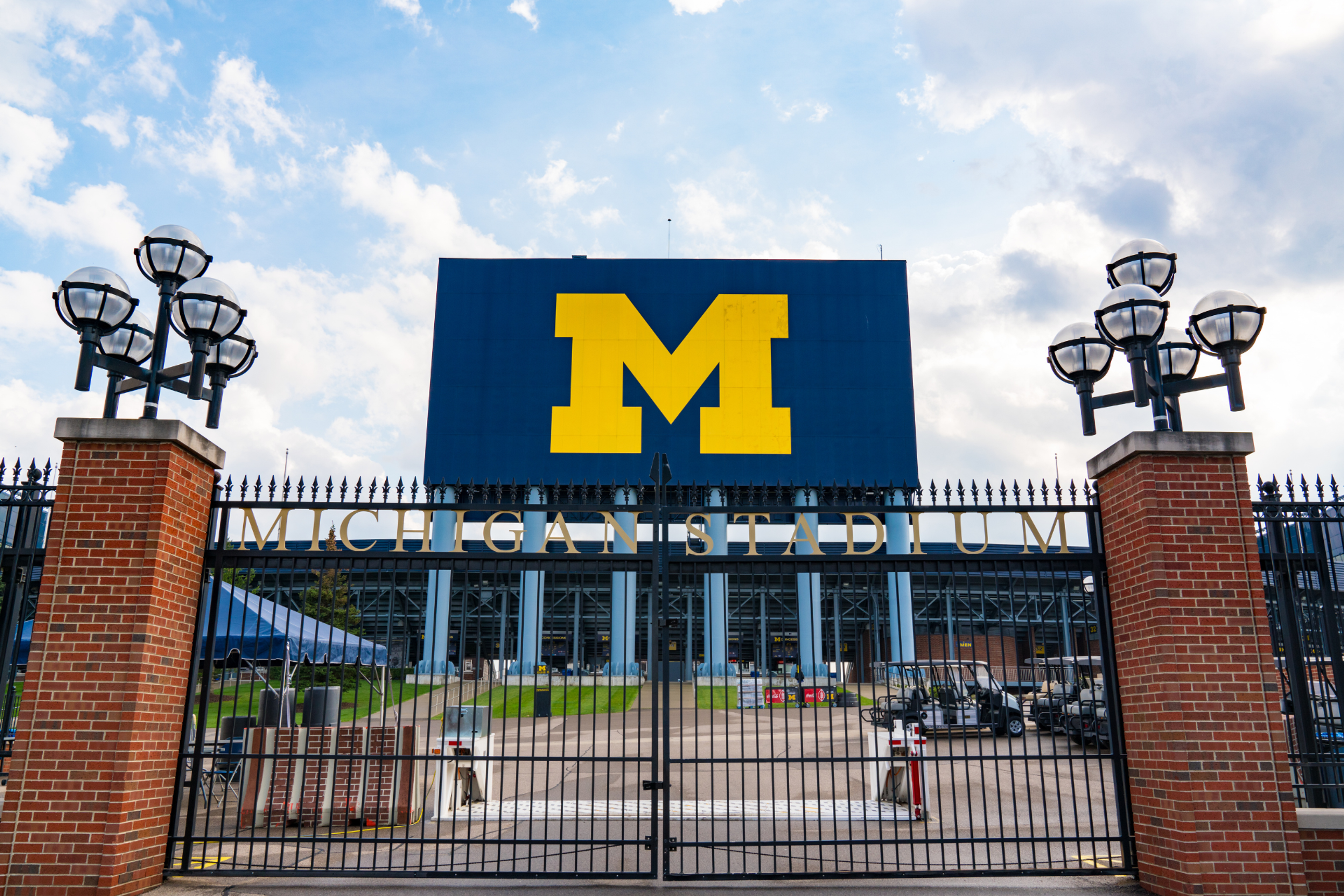University of Oxford Acceptance Rate – Breakdown & Analysis (2024-2025)
Get the latest on Oxford university acceptance rates with a detailed breakdown by school, including undergraduate and graduate admissions data, plus expert insights to help you strengthen your application.
Posted March 6, 2025

Table of Contents
The University of Oxford, one of the most competitive and prestigious universities in the United Kingdom, is known for its academic rigor and rich history. For many students, the dream of studying at Oxford comes with a very pressing question: what are the chances of getting in? Understanding the University of Oxford acceptance rate is necessary for prospective students looking to gain admission into this top tier institution.
This guide breaks down Oxford's acceptance rates and admissions process. We'll examine all parts of the application process, discuss how international students fare, undergraduate vs. graduate students, and offer practical tips to boost your chances of acceptance.
University of Oxford Acceptance Rates (2024)
The current Oxford acceptance rate is around 16%. In recent years, it has fluctuated between 13-17%, largely depending on the number of applicants.
This means that out of every 100 applicants, only 13 to 17 receive an offer to study at Oxford. The competition for admission has intensified over time, with a 10% drop in the undergraduate admission rate since 2008.
Oxford Acceptance Rates Over Time
Oxford's acceptance rate has remained relatively stable in recent years, despite a slight fluctuation during the COVID-19 pandemic.
| Year | Number of Applications | Number of Offers | Acceptance Rate |
|---|---|---|---|
| 2023 | 23,211 | 3,721 | 16.03% |
| 2022 | 23,819 | 3,645 | 15.30% |
| 2021 | 24,338 | 3,555 | 14.61% |
| 2020 | 23,414 | 3,932 | 16.79% |
| 2019 | 23,026 | 3,895 | 16.92% |
| 2018 | 21,516 | 3,841 | 17.85% |
| 2017 | 19,953 | 3,786 | 18.97% |
| 2016 | 19,164 | 3,771 | 19.68% |
The number of applications to Oxford has increased by over 10% since 2018. This rise in applications, particularly from UK and non-EU students, has contributed to the competitive nature of admissions. Despite this increase, the number of students admitted has remained relatively consistent, with 3,271 students admitted to the most recent class.
Undergraduate vs. Graduate Acceptance Rates
The acceptance rates for undergraduate and graduate programs at Oxford differ slightly. For undergraduate programs, the acceptance rate stands at around 16%. The acceptance rate for graduate students is around 14.5% but varies dramatically by program. Each year, Oxford receives about 38,000 thousand graduate applications and has about 5,500 spots available. Interestingly, Oxford has seen a sharp increase of over 115% in graduate applications over the last 10 years.
Graduate admissions often involve a more detailed process. Many schools and departments require PhD candidates to find a potential supervisor prior to applying, which can impact the actual acceptance rate. This suggests that the actual acceptance rate for graduate programs, especially PhDs, might be closer to 5-10%.
Acceptance Rates by School
The University of Oxford's acceptance rates vary significantly across different subjects/schools. Understanding this can help prospective students set realistic expectations and tailor their applications accordingly.
| School/Subject | Number of Applicants Per Place | Acceptance Rate |
|---|---|---|
| Computer Science | 20.0 | 5% |
| Economics & Management | 19.7 | 5.1% |
| Maths & Computer Science | 12.8 | 7.8% |
| Medicine | 12.6 | 7.9% |
| Biomedical Sciences | 12.2 | 8.2% |
| Mathematics | 10.6 | 9.4% |
| Law | 9.3 | 10.8% |
| History & Politics | 9.1 | 11% |
| Physics | 8.9 | 11.2% |
| Philosophy, Politics and Economics | 8.8 | 11.4% |
Acceptance Rates by International vs. Domestic Applicants
In recent years, the number of international applicants to the University of Oxford has increased while the number of applicants from both the UK and EU have fallen. Oxford doesn’t give specific numbers on international or domestic acceptance rates but it does state that “UK-domiciled applicants are substantially more likely to receive an offer of a place to study at Oxford than students from outside the UK.”
What Factors Influence Admission at Oxford?
The University of Oxford acceptance rate is influenced by many factors that admissions committees consider when evaluating applicants. Understanding these factors can help prospective students strengthen their applications and improve their chances of admission to this prestigious institution.
Academic Performance
At the heart of Oxford’s admissions process is a commitment to academic excellence. The university requires applicants to meet or exceed stringent grade requirements tailored to their chosen course. For most programs, this means achieving grades of A*AA or AAA at A-level (or their international equivalents).
Subject-Specific Requirements
Some courses have additional prerequisites based on subject relevance. For example:
- Medicine: Requires A*AA, including Chemistry and at least one of Biology, Physics, or Mathematics.
- Mathematics: Demands AAA, with an A* in Mathematics and Further Mathematics.
- Chemistry: Applicants typically need AAA, with strong performance in Chemistry and either Maths, Physics, or Biology.
High academic performance signals to admissions committees that an applicant is prepared for the university’s demanding curriculum. Additionally, candidates must demonstrate consistency in achieving top marks throughout their academic career.
Admissions Tests
Oxford uses admissions tests to evaluate applicants' academic potential and subject-specific knowledge. These tests are often tailored to the applicant’s chosen field of study and are a critical factor in the initial selection process.
Examples of Oxford Admissions Tests:
- Law National Aptitude Test (LNAT): Required for Law applicants, assessing critical thinking and reasoning.
- MAT (Mathematics Admissions Test): Evaluates mathematical ability for Maths and related courses.
- BMAT (BioMedical Admissions Test): Used for Medicine and related programs to assess problem-solving skills and scientific knowledge.
Strong performance on these tests often determines whether an applicant is shortlisted for the next stages of the application process.
Extracurricular Activities
While extracurricular activities are not a central focus for Oxford, they can still play a role if they are relevant to the applicant’s chosen course. For example:
- A student applying for Computer Science might include participation in coding competitions.
- A Law applicant could highlight debate experience to demonstrate analytical thinking.
Oxford values applicants who demonstrate balance, discipline, and transferable skills through extracurricular involvement. However, these activities are only considered if they align with the selection criteria for the course.
Need Help Crafting the Perfect Application?
Leland Coaching provides expert, one-on-one support to help you succeed at every step of the Oxford admissions process. Whether you need advice on your personal statement, preparation for interviews, or insights into admissions tests, Leland’s experienced coaches can help you get into your dream school!
With personalized strategies, you’ll stand out from the crowd and improve your chances of securing a spot at Oxford.
How to Improve Your Chances of Getting into Oxford
Achieve Academic Excellence
To boost your chances of acceptance at the University of Oxford, academic excellence is the most important factor for admission . The university wants students with a strong academic record. Shoot for top grades in your A-levels or equivalent qualifications, as Oxford typically requires A*AA or AAA for most courses.
Challenge yourself by taking advanced courses like AP or IB, which are highly valued by admissions tutors. Maintain consistently high grades throughout your high school years to demonstrate your academic potential.
Show Genuine Passion for Your Subject
Oxford looks for students who show genuine enthusiasm for their chosen field of study. To showcase your passion:
- Engage in wider reading beyond your school curriculum. Explore books, academic journals, and reputable online resources related to your subject.
- Participate in subject-related extracurricular activities, such as academic competitions, research projects, or summer programs.
- Develop critical thinking skills by analyzing complex issues within your field of interest.
- Consider undertaking an Extended Project Qualification (EPQ) to demonstrate your ability to conduct independent research and explore your subject in depth.
Master the Admissions Tests
Many Oxford courses require applicants to sit specific admissions tests. These assessments play a crucial role in the selection process, often carrying significant weight in determining your chances of admission. To prepare effectively:
- Familiarize yourself with the format and content of the test for your chosen course.
- Practice extensively using past papers and sample questions available on the Oxford University website.
- Time yourself when taking practice tests to improve your speed and accuracy under exam conditions.
- Seek feedback from teachers or mentors to identify areas for improvement.
Create a Compelling Personal Statement
As mentioned previously, your personal statement is an opportunity to showcase your academic interests, relevant experiences, and suitability for your chosen course. To create a compelling statement:
- Focus on your academic motivations and intellectual curiosity rather than extracurricular activities.
- Highlight specific examples of how you've engaged with your subject beyond the classroom.
- Discuss any relevant work experience, research projects, or academic achievements that demonstrate your commitment to the field.
- Be concise and clear in your writing, avoiding unnecessary jargon or flowery language.
- Ensure your statement aligns with the specific requirements and expectations of your chosen course at Oxford.
Remember, while a strong personal statement is important, it's not the sole determining factor in your application. Oxford places greater emphasis on academic achievements, admissions test performance, and interview outcomes.
By focusing on these key areas – academic excellence, subject passion, test preparation, and a well-crafted personal statement – you can significantly enhance your chances of gaining admission to the University of Oxford. However, it's essential to maintain realistic expectations, as the acceptance rate remains highly competitive across all courses.
Get Expert Coaching with Leland
Need help navigating the University of Oxford's highly competitive admissions process? Working with an expert coach from Leland can provide the personalized guidance and insights you need to create a standout application. Our coaches have a proven track record of helping students achieve their academic goals, offering support with personal statement editing, interview preparation, admissions test strategies, and overall application planning.
Ready to improve your chances of joining one of the world’s most prestigious universities?
Get started with a Leland coach today!
Conclusion
The University of Oxford's acceptance rate paints a picture of intense competition, reflecting the institution's worldwide prestige. While the overall rate hovers around 13-17%, it varies significantly across subjects, with STEM fields often proving the most challenging. This competitive landscape means that aspiring students must bring their A-game, excelling academically and showcasing genuine passion for their chosen field.
For those aiming to join Oxford's ranks, preparation is key. Strong academic performance, subject-specific knowledge, and standout personal statements can boost your chances. Remember, the journey doesn't end with acceptance – it's just the beginning of a transformative educational experience!
FAQs
What is the projected acceptance rate for the University of Oxford in 2024?
- The acceptance rate for Oxford in 2024 is expected to be within the range of 13% to 17%, which is relatively competitive when compared to top global universities.
What is the application deadline for Oxford University for the year 2024?
- Applicants must submit their applications via UCAS by 6pm (UK time) on Tuesday, October 15, 2024.
Is it difficult for an American student to get accepted into Oxford University?
- Yes, getting into Oxford as an American can be challenging. The acceptance rate typically ranges between 13% and 17%, making it comparable to the most competitive universities worldwide, including Ivy League schools.
Which course at Oxford is the most difficult to gain admission to?
- The Economics & Management program at Oxford is notably the toughest to get into. This is due to its extremely limited cohort size, which generally includes fewer than 100 students annually.
Is Oxford as good as Harvard?
- Oxford and Harvard are both considered among the most prestigious universities in the world, each excelling in different areas. While Oxford is known for its humanities, social sciences, and modern languages, Harvard dominates in law, business, and social policy. Both universities consistently rank high in global university rankings, and admission to either institution is highly competitive.
The University of Oxford holds a unique place in the English-speaking world with centuries of tradition, being the oldest university in the UK. Meanwhile, Harvard’s affiliation with the Ivy League emphasizes its influence in the US education system. Neither university is objectively "better"; the choice often depends on the student’s chosen course and long-term goals.
What GPA is required to go to Oxford?
- The University of Oxford does not have a universal GPA requirement since it evaluates applicants based on the educational system of the candidate's country. For students from the US, a competitive GPA equivalent is usually 3.7 or higher, though applicants with exceptional academic performance may have more flexibility.
Is Oxford College Ivy League?
- No, Oxford University is not part of the Ivy League, which is a group of eight private universities in the United States, including Harvard, Yale, and Princeton. However, Oxford is often mentioned alongside Ivy League schools due to its reputation as one of the most prestigious universities in the world.
In fact, Oxford is considered among the most competitive universities in the UK and globally. It offers world-class education across many fields, including mathematics, psychology, and social sciences, and draws international applicants from across the globe.
Is it hard to get into Oxford?
- Yes, gaining admission to the University of Oxford is extremely challenging. The Oxford acceptance rate is low—typically around 17-18%, though it can vary depending on the course. Some of the most competitive courses include computer science, economics, and modern languages, with offer rates often below 10%. International students face stiff competition, as Oxford receives applications from candidates worldwide.











